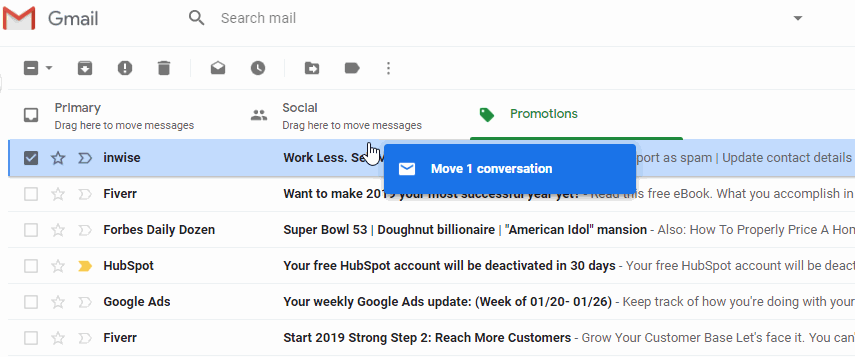90% off on Premium Membership - Mega Sale

Popular posts
-
Basics of the Stock Market
01 Nov 2022 -
Basic Stock Market Terminologies
01 Nov 2022 -
Company Funding Cycle 1
18 Nov 2022 -
Company’s Funding Cycle 2
01 Nov 2022
Share this post:
Top









 1,499
1,499
